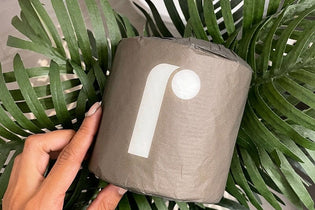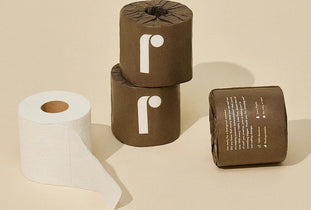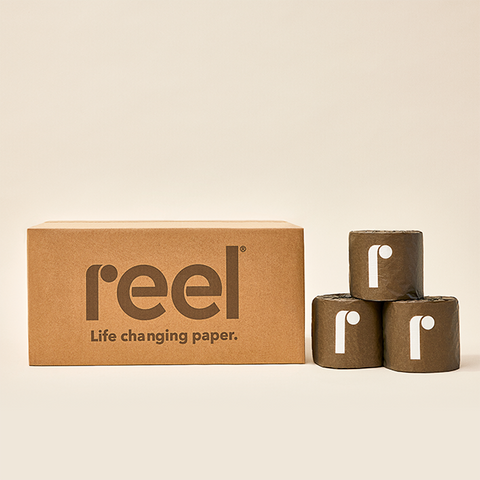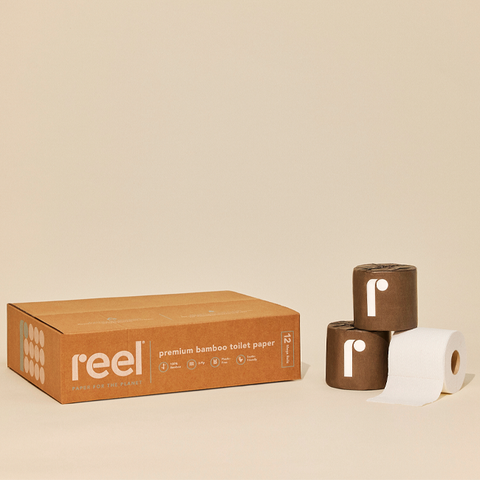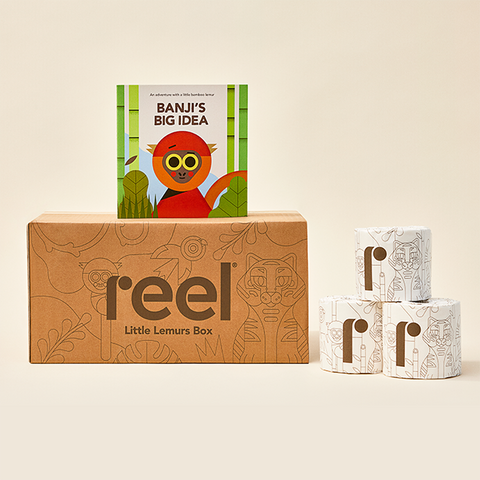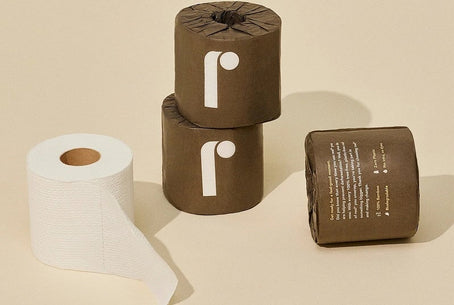
Is Bamboo Toilet Paper Scratchy? What Does it Feel Like?
Bamboo toilet paper is not scratchy; it feels soft, smooth, and durable. Made from softened bamboo fibers, it provides a comfortable and eco-friendly alternative to traditional toilet paper. It’s hypoallergenic, non-toxic, and suitable for sensitive skin, offering strength without sacrificing comfort.
Trending Articles
Recent Articles
Discover Soft,
Sustainable Paper
Order Now
Let's change paper for good.
Reel makes sustainable and premium paper products without the use of virgin tree fibers or plastic packaging to encourage small changes that make a difference for our planet.


